Édgar Ramírez on Immigrants, Grief and Producing His First Feature Film: “I Become Like a Rabid Dog”
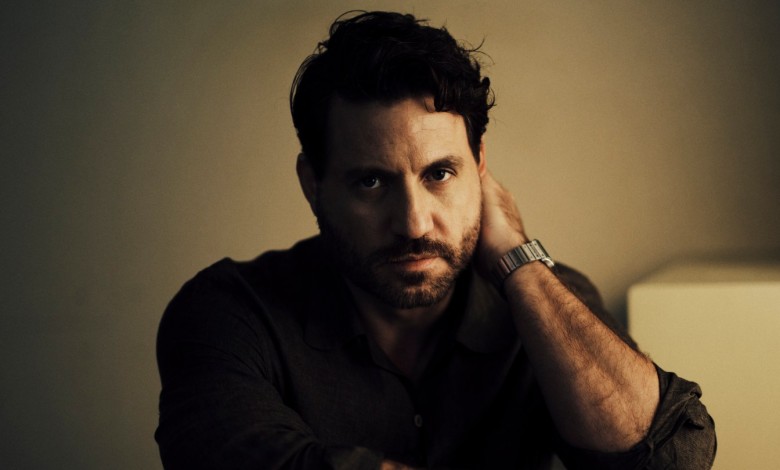
Édgar Ramírez is on a film festival tour this month, with good reason. The Emmy nominated veteran actor from Venezuela is making rounds in support of It Would Be Night in Caracas, a drama from directors Mariana Rondón and Marité Ugas that marks his first foray into feature film producing. The film, based on a novel by Karina Sainz Borgo, stars Natalia Reyes as a woman forced to grapple with the death of her mother against the backdrop of a crumbling city and a gang that has overtaken her apartment building. It had a world premiere at the Venice Film Festival before moving on to the Toronto International Film Festival, which hosted the North American premiere today.
The Hollywood Reporter caught up with Ramírez on the first stop of his festival trek, and even though he arrived in Venice hours before, the actor sacrificed sleeping in for cappuccinos at the always busy Hotel Flora. During an hourlong conversation, he opened up on a passion for chasing material (“I become like a rabid dog”), the emotional conflict of living in exile from his beloved homeland (“No one wants to be an immigrant”) and how he’s handling the grief of losing his father (“There was nothing left unsaid”).
Congratulations on producing your first film. A good place to start is with your own words: On Instagram you posted that making this movie was as necessary as breathing. Why?
Because, and I think I wrote this in the same post, this is an act of love. And making this movie was a need as a way to talk about what Venezuela has gone through in the last 25 years by telling a story that focused on small acts of dignity and courage. When everything you know has collapsed before your eyes and the world you knew disappears, there’s still that flame of dignity that stays lit in every one of us. The story of Venezuela may feel very specific, but it’s a painful story that millions of millions of people share. This is a story about a woman who has lost everything and feels that she no longer recognizes her country and that she no longer has a place there. That is something that, unfortunately, a lot of people in the world can identify with.
And that includes you?
Yeah, absolutely. I haven’t been back to my country in almost 10 years. Living in exile, you almost feel like an emotional zombie. Listen, I am one of the more privileged ones of the more than 8 million Venezuelan people that have been displaced in the last 25 years. We have the largest displacement crisis in the world; we’re number one, which is not a great statistic to brag about. However, when you talk to Venezuelans, which I do all the time when I travel, we keep trying to carry the country with us inside somehow. No one wants to be an immigrant. Most immigrants are not traveling to get to know the world, they are traveling because they no longer feel safe in their countries anymore and there is no future. We sometimes feel like there is a dark cloud hanging above our heads everywhere you go. But, yet, we can’t go back. There are cycles in history, and this is our turn to experience the vilification of the word “immigrant,” which is outrageous and so heartbreaking to know that the term has been manipulated to become an insult. It’s very unfortunate.
How long did it take for you to find the right project to produce?
It took a long time to find the right story because, for me, it was important to tell a human story, not a political story. Listen, everything we do is political whether we like it or not, but the producers and I didn’t want the movie to feel like a protest. We wanted to tell a story about people, one that people could identify with.
You also didn’t choose to produce your first film as a starring vehicle for yourself. Yes, you have a small role, but this isn’t an “Édgar Ramírez movie.”
I love the story, and I found the story really, really, really moving, and very impactful when I first read the book. I fought for the rights …
You did? Tell me that story …
A friend of mine called me to say that he had read this amazing novel written by a Venezuelan writer that was making huge waves in the publishing world. It was her first novel, translated into more than 20 languages as a manuscript. It was a real phenomenon. It took me a little bit to read it because I was in the middle of work and a lot of travel. Also, Venezuela had just gone through one of its harshest crises. We’ve had so many, but that one was particularly tough and I was hurting. I didn’t immediately feel up for reading about Venezuela then. I knew it was going to be very difficult for me to ever go back, so I was dealing with a lot of contradictory feelings. But when I read the novel finally, it was amazing. I loved it. I wasn’t sure if I was too late, but I went and had a meeting with the author. As it turned out, we saw the story in the same way. It was important to me that she would trust us with the rights, not just because I’m Venezuelan, but because we shared an essence for the story and its universality.
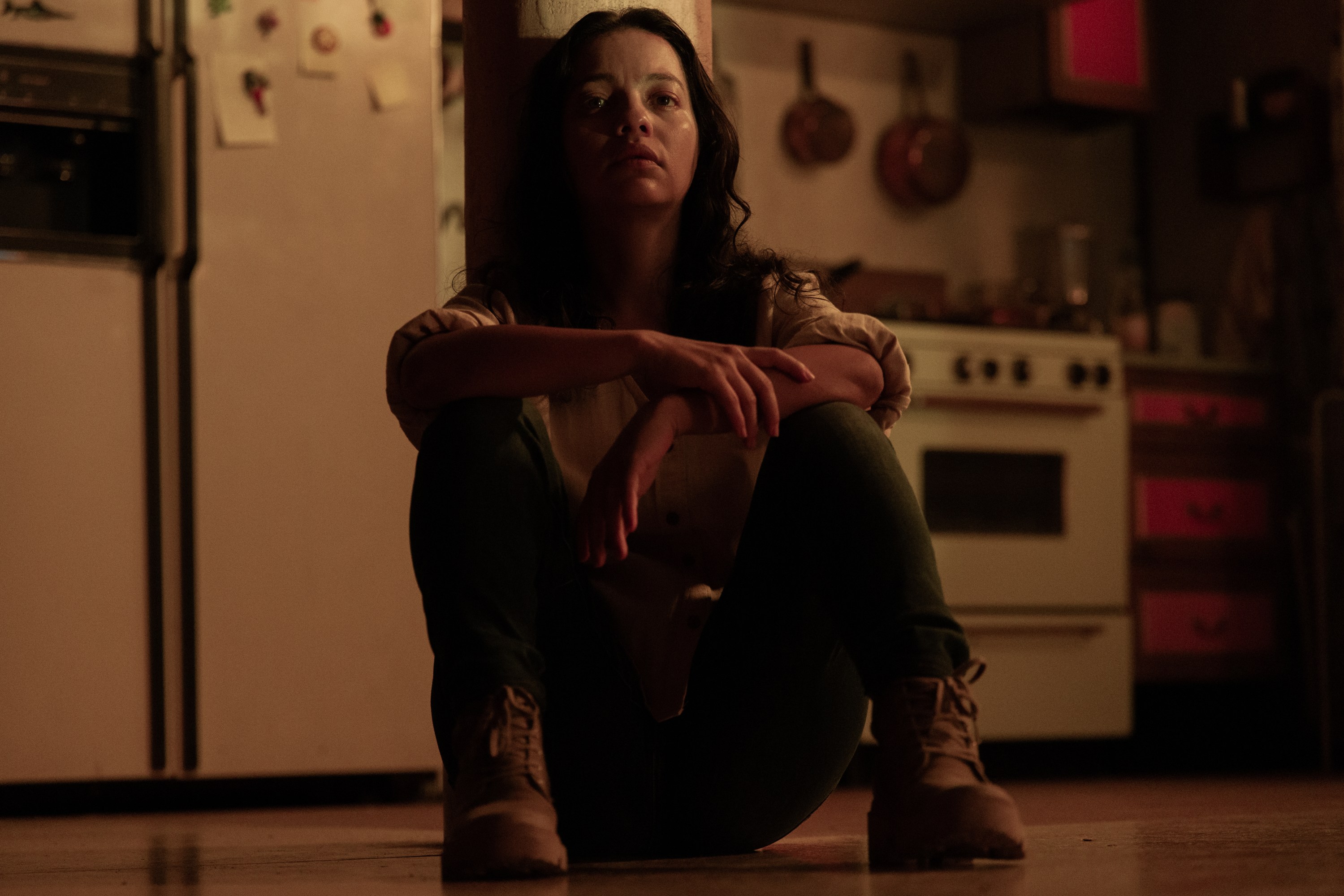
How was it to pursue material as a producer as opposed to as an actor?
I am a very curious person by nature, like most actors. But this felt like a very natural path for me because I get to go after stories that move me and that I feel like could matter to other people. It’s a natural, organic path because I’m very passionate about material. When I become obsessed with something, I become like a rabid dog. I won’t let it go. I really became obsessed with this book, and I loved how it’s a story where all the main characters are women. There’s a lot of symbolism with the absence of the father figure, and the main character, Adelaida, is navigating this world filled with other women while exploring the importance of resilience.
Tell me why Natalia Reyes was the perfect choice to play Adelaida?
There’s such a dignity in Natalia’s work and in her eyes. It was a very easy choice for the directors, the producers and our team. I’ve always wanted to work with Natalia, her work is brilliant. She can say so much with her eyes, with just a look. As you saw in the movie, there aren’t these big scenes filled with dialogue. A lot happens in silence. And yet, Natalia is so present and she can say so much. I love the restraint of her performance and found it to be very moving. It’s almost like her character is going to break down at any moment, but she knows that she can’t afford to do that. Because of Natalia’s performance, you can feel the tension.
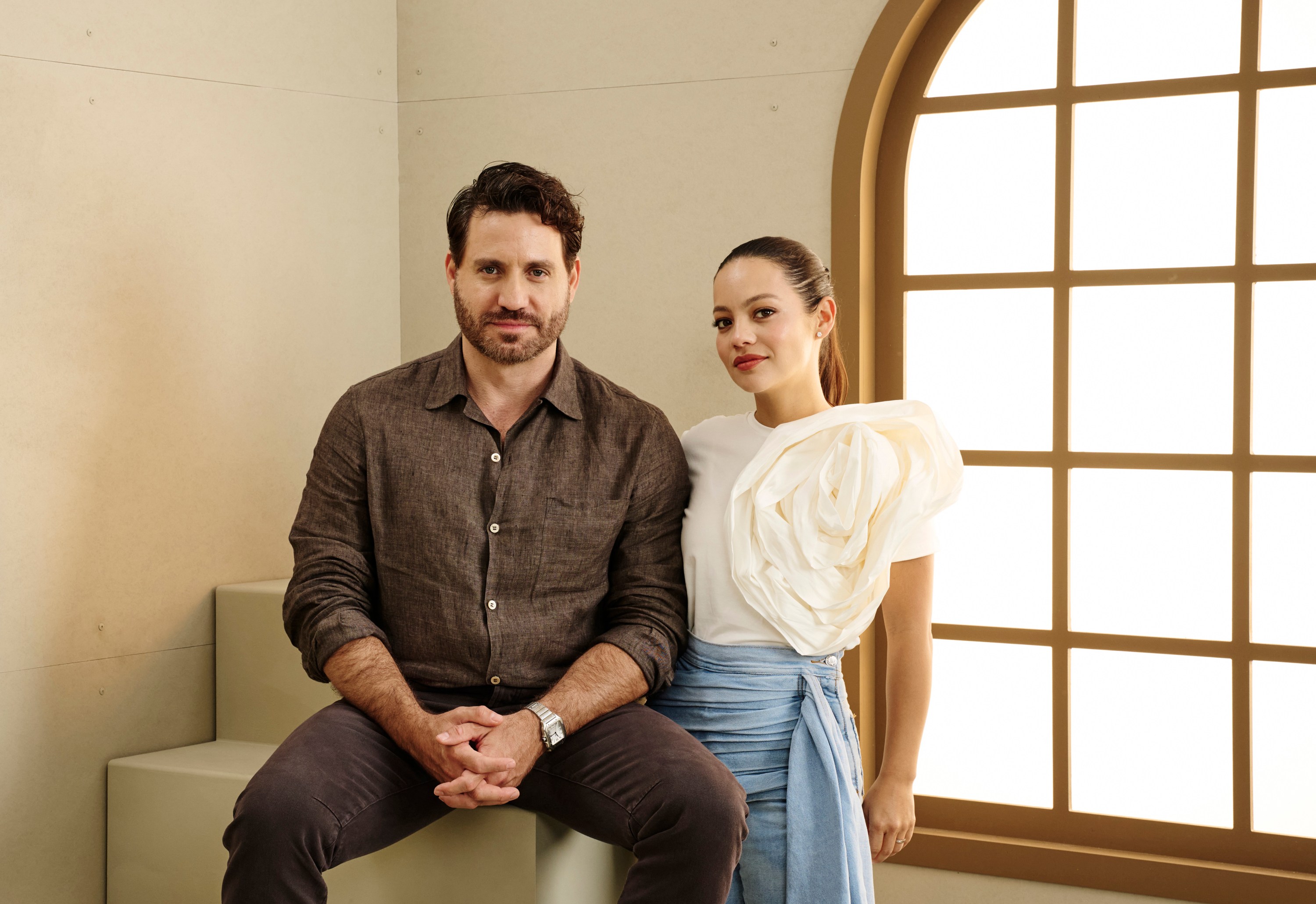
Speaking of being a rabid dog, how did that help you as a producer through production?
The shoot in Venezuela was not easy. First of all, I couldn’t go and we had to write another script so that we could have the permits. They would’ve never let us film there had we given them the real script, so that was tense. We had crew already there — the directors, producers and a minimum crew on the ground — and it felt almost like a guerilla unit. It felt like filming a movie within a movie, and the shoot was intense the minute they got there until they left.
Do you have any fear of traveling at all right now, not even to Venezuela?
Not really. Not at this moment. You cannot live in fear. It was very important for us to try to put every resource that we had at the service of telling the story. We had amazing support on behalf of Netflix and [Francisco “Paco” Ramos], who has been an amazing champion of this project every step of the way. There were a lot of people who said this story would be difficult to translate to a movie, but he was the first to say that he believed in it and knew it could be done. It was not easy, especially because of all the risks attached and all the political tension.
What does this project signal about your aspirations as a producer?
This is a long-time-coming moment, and I think that I will keep producing as much as acting. It feels inevitable for me to get behind projects in a more structural way now. I just executive produced this amazing pilot with Hulu and Onyx [Monopoly]. Alonso Ruizpalacios directed it with showrunners Roberto Patino and Cassius Corrigan, among other great partners on it. It’s fun. One of the true pleasures in life for me has always been connecting people, and it’s always come easy for me. “Oh, you really enjoy this? Let me connect you with that person.” It’s so natural. What excites me about this new chapter is being able to do more of that and continue to use muscles to be able to help build projects that are important to me.
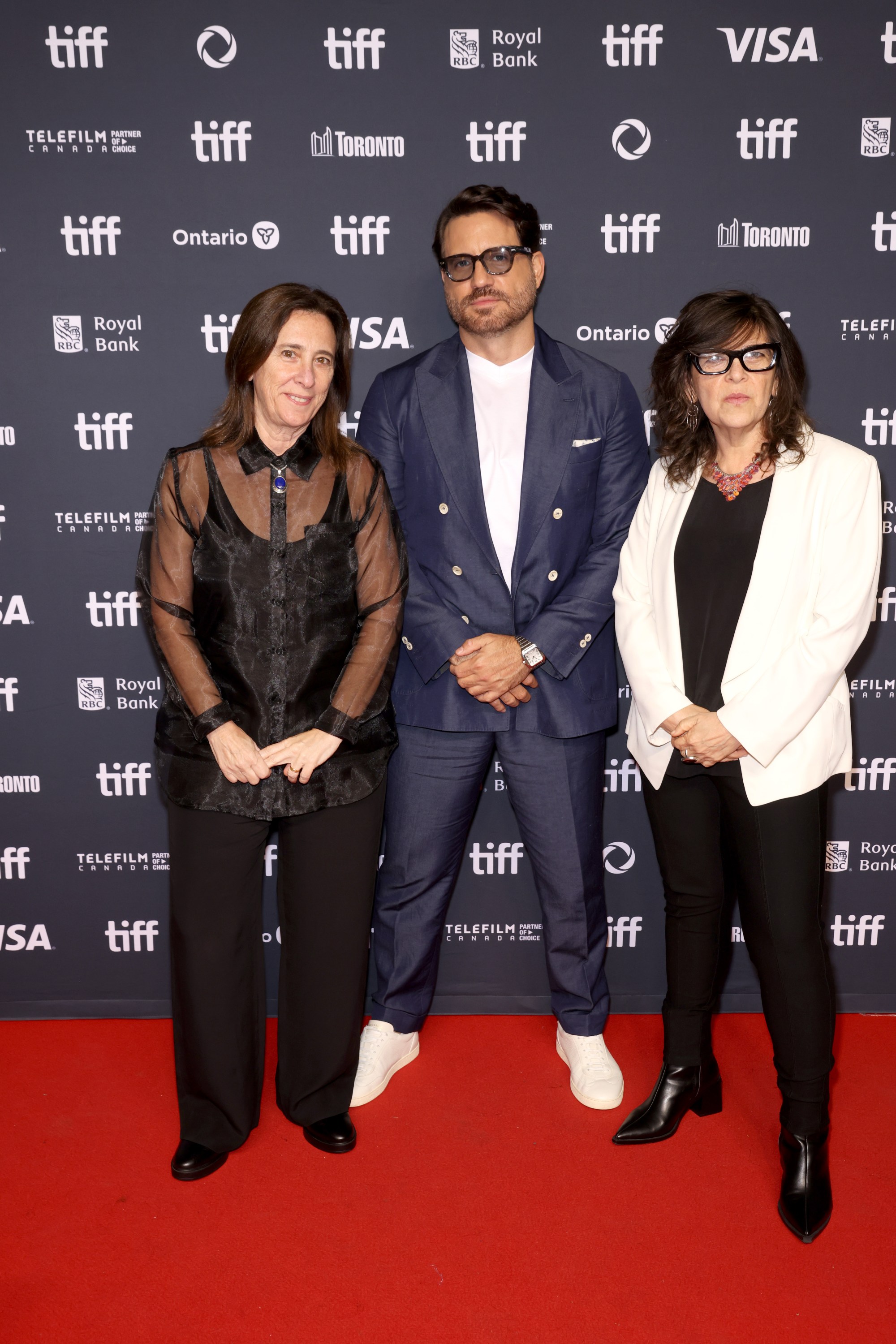
Also upcoming is the Drake Doremus movie Next Life with Emilia Clarke. How was that?
That was incredible. I’m so glad you brought it up. That was very beautiful experience. It’s a gorgeous story, a real love story, which are difficult to tell in this day and age. I feel like there’s a need for more stories like this, real adult love stories, not just melodramas, not to use that as a dirty word because melodramas, when executed well, can be an amazing genre. But these kinds of stories are rare — raw, unapologetic, complicated, desperate, messed up adult love stories. I grew up on these back in the late ‘80s to the ‘90s. This one deals in different timelines with a really interesting tone. It’s not a romantic comedy by any means, but it’s not a dark drama, either. It’s a very interesting story set in the underground jazz scene in London. We both play musicians and I had the opportunity to sing and perform, which I love to do. It’s a real passion of mine, and I love jazz. We shot in some great studios in London, places where real legends have performed. It was such a memorable experience. But it just so happened to coincide with my father’s passing.
I’m so sorry, that’s awful.
Thank you so much. Shooting that movie will always be so dear to me because of that. Now I can attest to what people mean when they say that art heals you. It was really healing for me. It was really healing for me to be doing something that beautiful and subtle and strong while I was dealing with the grief.
Your parents seemed like such remarkable people. Your mother was an attorney and your father was a military officer, and I know that they had a profound impact on your development as a human being, but also the references and themes you pull from in your acting. How are you doing now?
It comes in waves. Grief is a very abstract thing. My dad’s passing has really changed me forever. He died a week after I went to London to do the movie. We never expected him to die so soon. We thought that maybe he was going to die in February, but it was so unpredictable. I was privileged to be able to care for him through most of his cancer. My mom was dealing with another illness in Venezuela, so she couldn’t come to L.A. to be with my dad and I while my sister was there taking care of her. 2024 was a complicated year for our family.
When his cancer was discovered, it was stage four right away. That was tough. A little cough took him to the doctor. Because he was in the military, he was very disciplined. He wasn’t someone who put things off. If he felt something, he went straight to the doctor. So when he had a cough, he thought it might be pneumonia but it was a gigantic tumor in his right lung. We tried everything. We had great people helping us in L.A. at USC. Those weeks moved so quickly. Although it was so tough, it was a happy time because we had a kind of intimacy that you can only access when the clock is ticking.
I’ve always had a great relationship with my dad and there was nothing left unsaid. No love unspoken. We told each other “I love you” every day until we said goodbye. Now, that internal dialogue that we all have when we talk to ourselves, mine has my dad’s voice. When I am asking myself, should I do this? Should I do that? It’s my dad’s voice that kicks in. It is poetic.
That’s so beautiful. Thank you for sharing. That leads me to an obvious question. What is that voice telling you now about what you still want to accomplish in your life and career?
We really need to enjoy every moment because we’re already late. What can you take from the present moment? It’s a subtle balance between the urgency of taking the world in and breathing as much as you can — like, really breathing it all in — and then going after all of the things you want to do. It seems like there’s not enough time, but the voice tells me to do what I can and as much as I can. My commitment to him and to myself is to really enjoy every moment and to be present in whatever I’m doing.
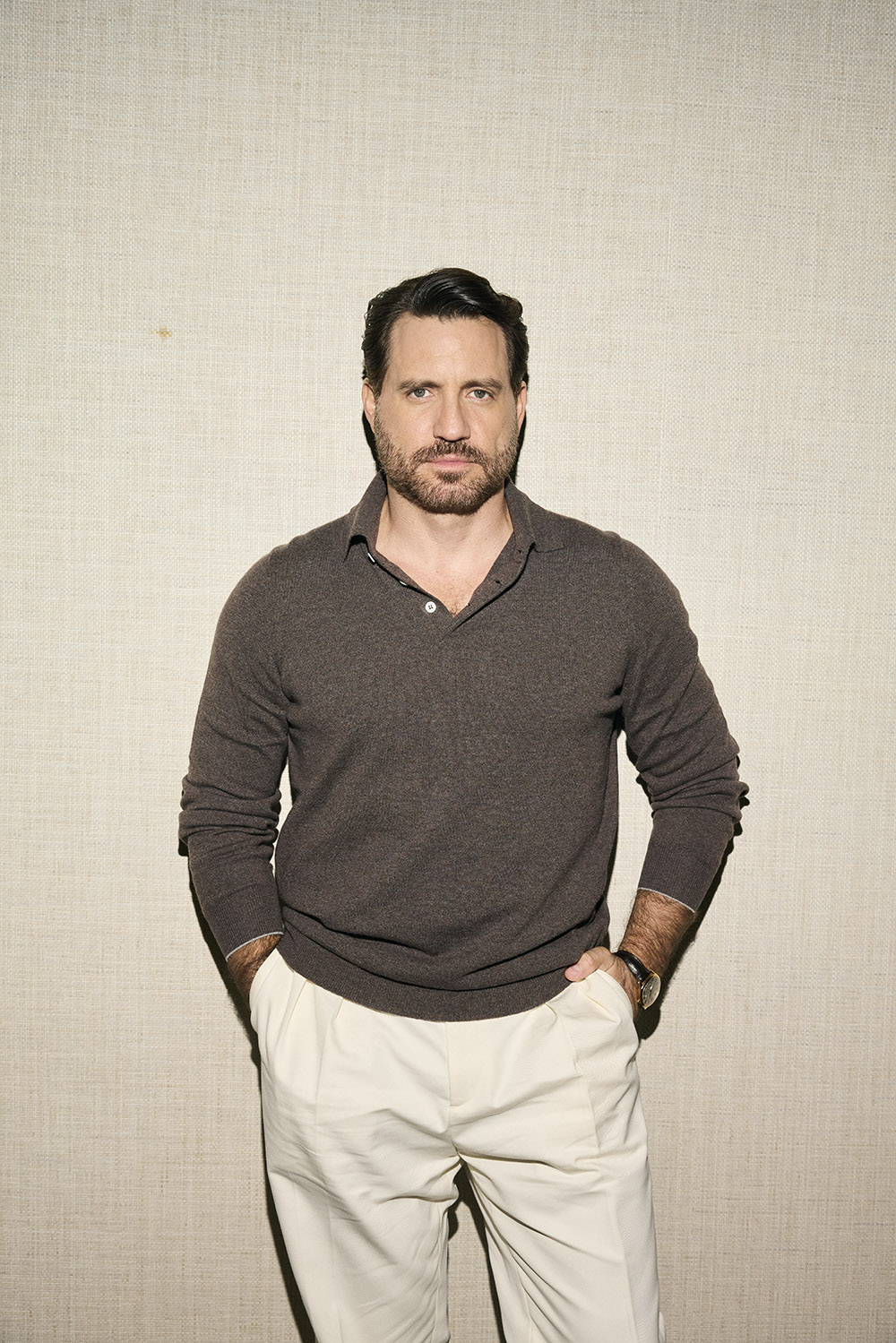
Source: Hollywoodreporter
HiCelebNews online magazine publishes interesting content every day in the movies section of the entertainment category. Follow us to read the latest news.
Related Posts
- Robert Redford, Golden Boy of Hollywood, Dies at 89
- 'Glenrothan'
Courtesy of TIFF
Share on Facebook
…
- Hozier, Blink-182 Headline a Sun-Drenched Sea.Hear.Now 2025
- HBO Max to Air the First Scripted Series Depicting Hamas’ Oct. 7 Attack on Israel
- Bob Odenkirk in Ben Wheatley's 'Normal.'
Allen Fraser
Share on Fac…





